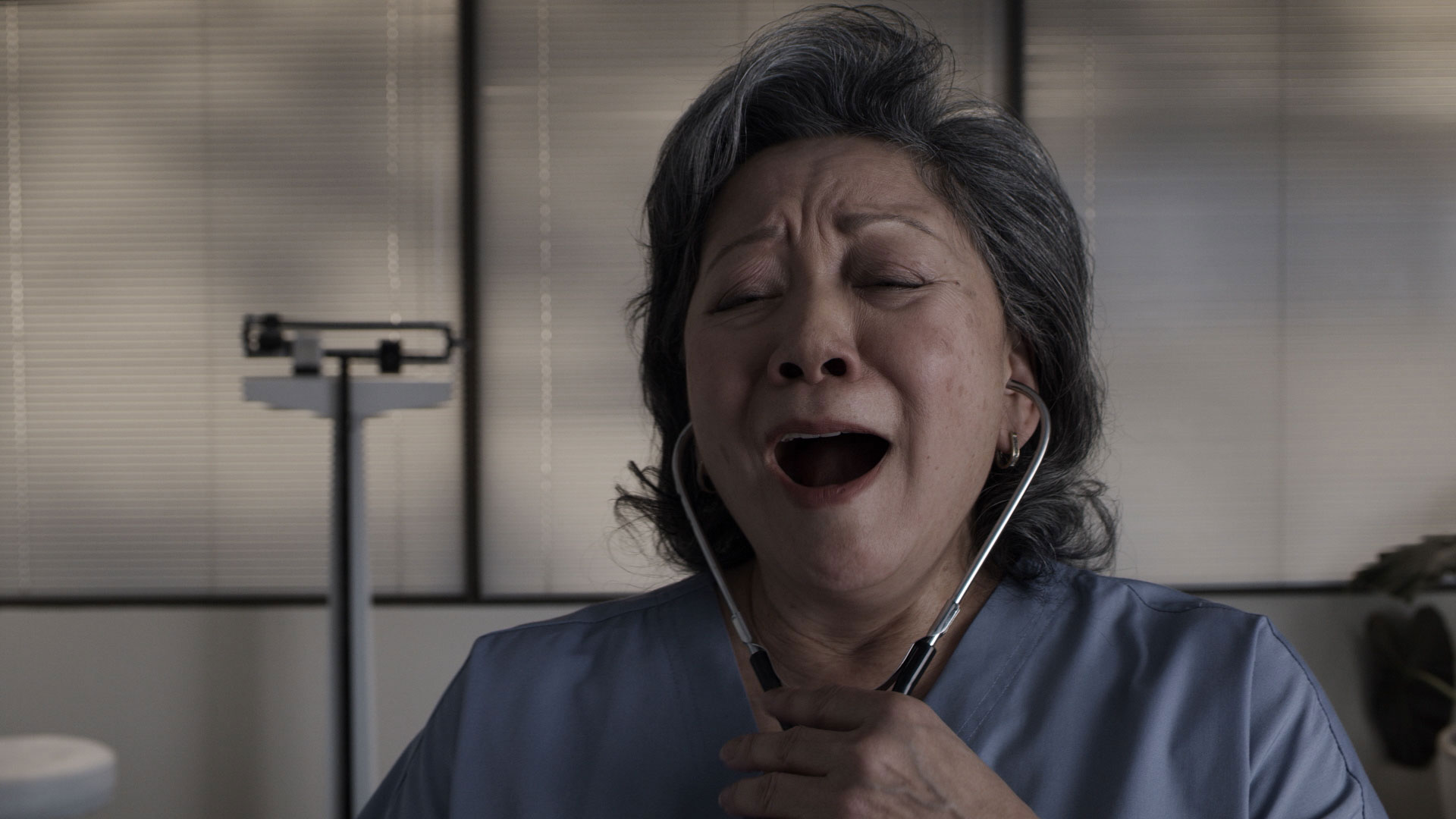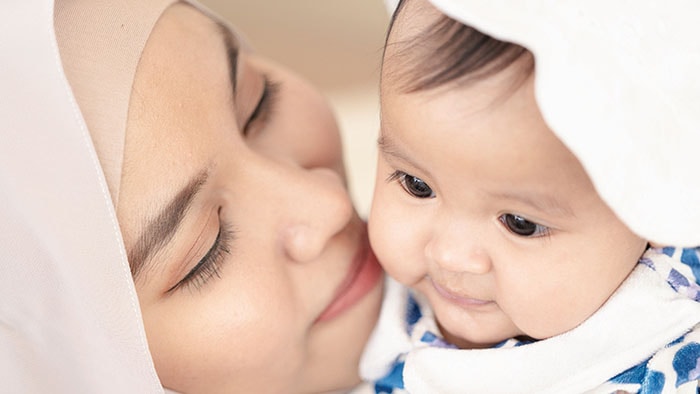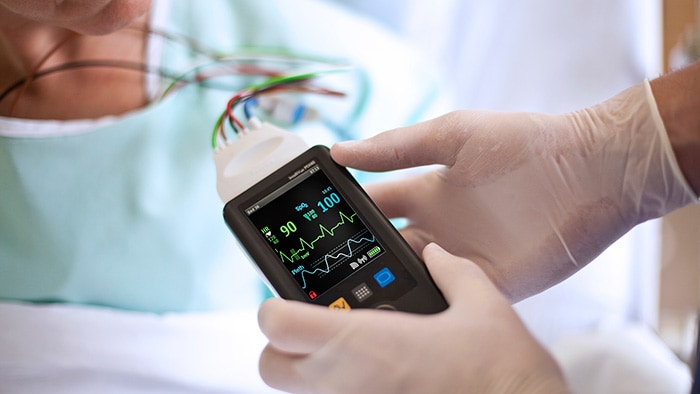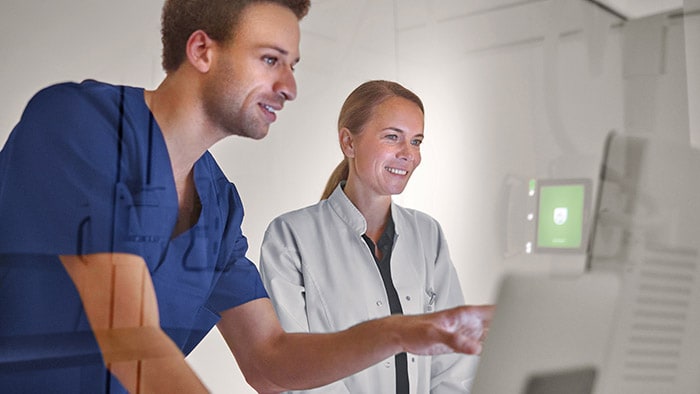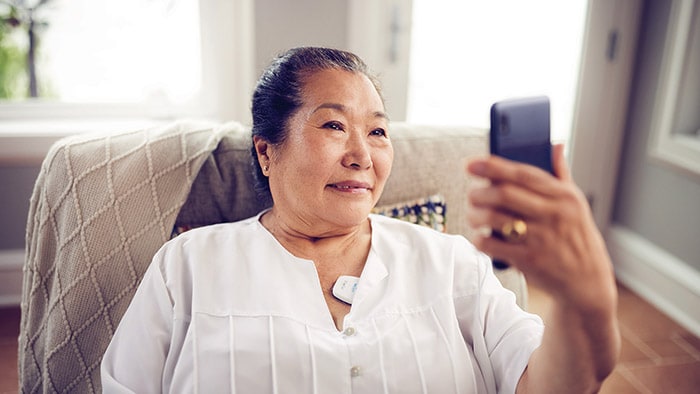Mar 15, 2019
Philips global sleep survey shows we want better sleep, but only if it comes easily
Kuala Lumpur, Malaysia – People around the world are making do with less sleep each night, with some getting as little as 6.3 hours of sleep on weekdays and 6.6 on weekends, significantly lower than the daily recommended 8 hours. This finding was among others announced by Royal Philips (NYSE: PHG, AEX: PHIA), a global leader in health technology, from its annual global sleep survey in a report, “The Global Pursuit of Better Sleep Health.” The annual global sleep survey, carried out in conjunction with World Sleep Day (March 15), surveyed over 11,000 adults in Australia, Brazil, Canada, China, France, Germany, India, Japan, the Netherlands, Singapore, South Korea, and the United States to capture attitudes, perceptions, and behaviours around sleep.
Sleep becomes an elusive goal
Results revealed an increasingly sleep-deprived world – while awareness of sleep’s impact on overall health is on the rise, for many people across the globe, achieving good sleep health remains elusive. Besides having insufficient sleep, 62 percent of global adults describe their sleep as ‘somewhat’ or ‘not at all’ well, and almost half (44 percent) saying that their sleep has worsened in the past five years. The impact of this is demonstrated daily, with as many as 60 percent saying they have experienced several episodes of daytime sleepiness throughout the week. Facing such sleep deprivation, 78 percent of Asia-Pacific respondents say that they want to improve their quality of sleep. To get better sleep, some are experimenting with a variety of methods, including instituting a set bedtime/wake-up schedule (22 percent), watching television (33 percent), reducing their caffeine consumption (23 percent), playing soothing music (24 percent), and even sleeping in a different location from their partner (17 percent). Additionally, 11 percent of those in Singapore have also used connected care devices to track their sleeping habits, according to Philips’ Future Health Index (FHI) study2.
In the Asia-Pacific countries surveyed1, stress was the main reason keeping people up at night, with half (50 percent) losing sleep over worry or stress. Additionally, other factors that keep adults in the Asia-Pacific up at night include their sleeping environment (32 percent), distraction from entertainment such as television, social media (27 percent), health conditions such as pain or breathing problems (23 percent), drinking caffeinated drinks or using simulants close to bedtime (18 percent) and their partner’s snoring (17 percent).
It’s worrying that people in some parts of the Asia Pacific are among the world’s poorest sleepers, despite public awareness around the importance of quality sleep for overall health. This is also the case in Malaysia,
with as many as 9 out of 10 Malaysians suffering from one or more sleep disorders in their lifetime3. Philips is deeply rooted in its commitment to developing clinically-proven solutions that help people take control of their sleep health. Philips aims to provide solutions that meet the growing and evolving needs of consumers and healthcare professionals alike. To bridge the current gap in diagnosis and treatment of sleep disorders, last year Philips launched Southeast Asia’s first Sleep and Respiratory Education Centre in Singapore to upskill healthcare professionals across the region, aimed at enabling better access to sleep and respiratory care.
Muhammad Ali Jaleel
Country Manager, Philips Malaysia
The quest for better sleep
Despite the obvious need to address their lack of sleep, sleep issues are often deprioritised. In seeking better sleep, 31 percent of Asia-Pacific respondents say they would be willing to use online search engines to learn more about sleep and/or treatments to improve their sleep, and 34 percent would be open to seeing a sleep specialist. Yet, 75 percent of adults have not sought help from a medical professional, mainly due to the perceived high costs of sleep consultation (25 percent) and treatment (30 percent).
Sleep is a key pillar of good overall health, as equally important as having a healthy diet and getting regular exercise. While most are aware that sleep is fundamentally important, achieving the recommended eight hours of quality sleep is still an elusive goal for many people each night. The lack of quality sleep may not only induce low productivity and daytime sleepiness, but also pose serious health issues if not addressed. Those who suffer from prolonged poor sleep should
consult their doctor to identify contributing factors and determine if they or their partner are at risk of underlying health issues such as obstructive sleep apnoea.
Mark Aloia
PhD, Global Lead for Behaviour Change, Sleep & Respiratory Care at Philips
As a seldom-discussed, under-diagnosed condition, obstructive sleep apnoea (OSA) is characterised by repeated interruptions in breathing throughout the sleep cycle and prevents oxygen from reaching the lungs4. Symptoms of OSA include choking or gasping for air during sleep, loud and persistent snoring and excessive daytime fatigue and poor concentration during the day. If left untreated, sleep apnoea can lead to serious short and long-term health risks including heart disease, type 2 diabetes, stroke and high blood pressure. Take this quiz to assess your risk of obstructive sleep apnoea (OSA): https://www.securehealth.philips.com/LP=7057 For more insight from this year’s survey, view additional findings from this year or last year’s global survey, visit: Philips.com/WorldSleepDay.
1 Asia-Pacific countries surveyed: Australia, China, India, Japan, Singapore, South Korea 2 https://www.philips.com/a-w/about/news/future-health-index.html 3 https://www.nst.com.my/news/nation/2018/12/437987/sleep-disorders-affect-9-10-malaysians 4 https://www.philips.com.sg/c-e/hs/sleep-apnea-therapy.html
About the Survey
This survey was conducted online by KJT Group on behalf of Philips from January 9 – January 28, 2019 among 11,006 adults ages 18 and older in 12 countries (Australia: n=750; Brazil: n=1,001; Canada: n=750: China, n=1,001: France: n=1,000; Germany: n=1,003; India: n=1,000; Japan: n=1,000; Netherlands: n=750; Singapore: 750; South Korea: n=1,000 and the U.S.: n=1,000). The survey was web-based and self-administered in the primary language(s) of each country. These were non-probability samples and thus a margin of error cannot be accurately estimated. For complete survey methodology, including weighting variables, please contact Meredith Amoroso at meredith.amoroso@philips.com.
About Royal Philips
Royal Philips (NYSE: PHG, AEX: PHIA) is a leading health technology company focused on improving people's health and enabling better outcomes across the health continuum from healthy living and prevention, to diagnosis, treatment and home care. Philips leverages advanced technology and deep clinical and consumer insights to deliver integrated solutions. Headquartered in the Netherlands, the company is a leader in diagnostic imaging, image-guided therapy, patient monitoring and health informatics, as well as in consumer health and home care. Philips generated 2018 sales of EUR 18.1 billion and employs approximately 78,000 employees with sales and services in more than 100 countries. News about Philips can be found at www.philips.com/newscenter.
Topics
Contacts
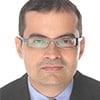
Sheo S. Rai
Senior Manager
Brand and Communications
Philips ASEAN Pacific
